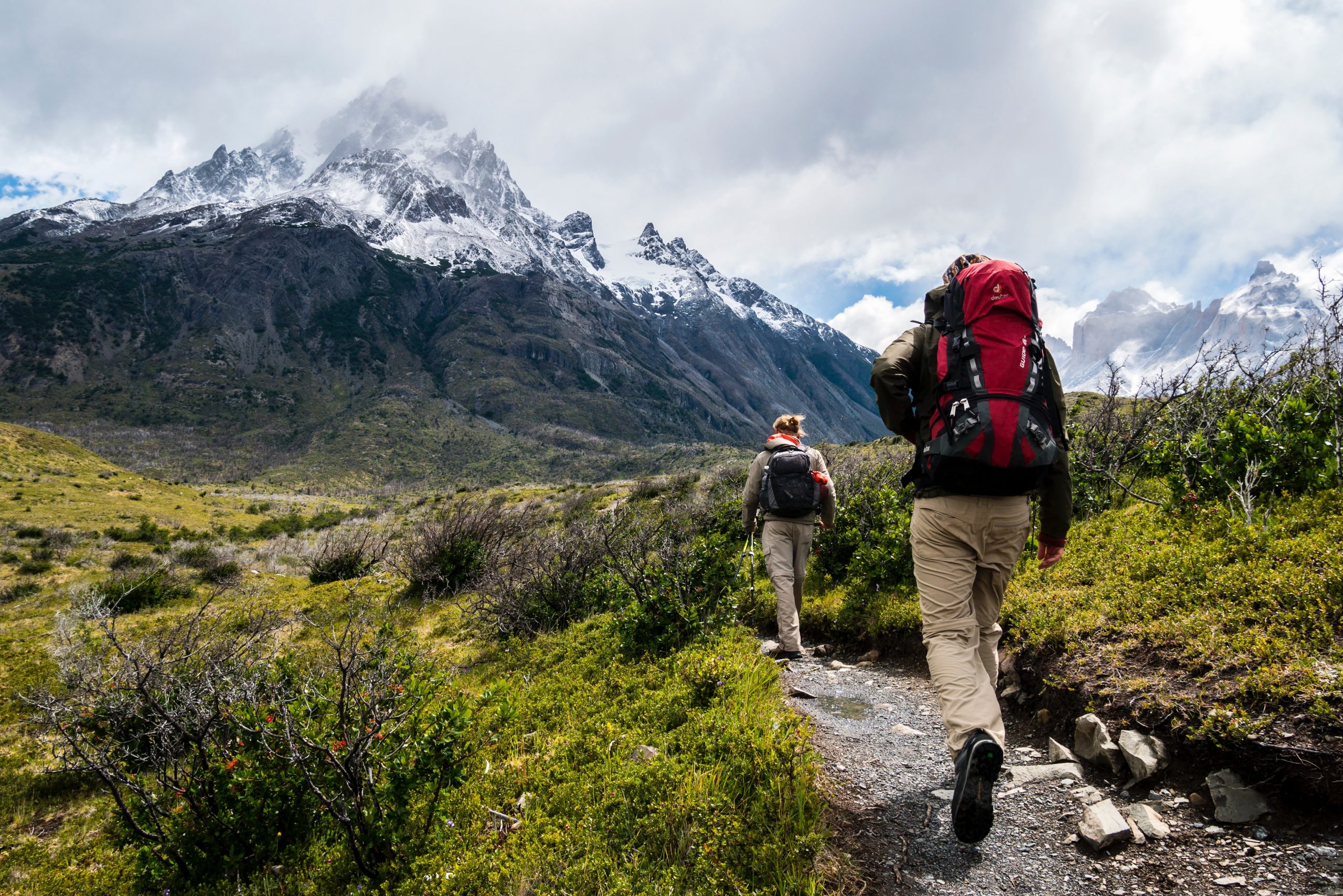There’s nothing quite like getting away from it all and setting out into the wilderness on a mountain hike. It’s just you, nature and the sound of your own footsteps, and the feeling you get when you reach the summit of the mountain is unparalleled. Mountain hiking can sometimes feel like a Lord of the Rings-esque epic quest, so it’s important to make sure you’re fully prepared for the journey, both there and back again.
Map and compass
 This should be top of the list. If you’re going to venture out into the wilderness, then you need to know where you are and how to get where you’re going. An up to date Ordnance Survey map will be able to give you a feel for the lay of the land as well as any landmarks and hazards, and a compass will be vital in getting your bearings if visibility is poor.
This should be top of the list. If you’re going to venture out into the wilderness, then you need to know where you are and how to get where you’re going. An up to date Ordnance Survey map will be able to give you a feel for the lay of the land as well as any landmarks and hazards, and a compass will be vital in getting your bearings if visibility is poor.
If you want to look like the traditional wayward explorer you can purchase a print copy of a map and a real compass. There is also the digital option for the more tech-savvy hiker, and there are a number of apps for Android, iOS and Windows that provide your map and your compass, giving you more space in your backpack. Just make sure your battery is fully charged before you set out.
Layers/clothes
It doesn’t matter if it’s the height of Summer and you’re practically swimming in your own sweat; bring many lightweight layers with you, one of which should be waterproof. On a mountain, the weather can turn very suddenly from blistering heat to biting cold and back again, and since you could be hiking into cloud cover you’ll probably get more than a little wet.
Another hiking essential is a good set of hiking boots. Without these you’re likely to run into all sorts of problems from cramp to shin splints to blisters and worse. A good pair of boots need to be sturdy, waterproof and breathable. Depending on your foot shape and walking gait you might need specialist insoles, so get some advice before you buy.
Travel insurance
This is one that people rarely think of when they go trekking, but could be very important. We’ve all heard horror stories of people being injured while climbing mountains, so it should be a no-brainer to make sure that you’re covered in case you have an accident while climbing.
A good travel insurance policy should cover your medical costs should you injure yourself while hiking. This becomes especially important if you’re hiking in the mountains outside of the UK, as the medical costs can be expensive.
Food and water
It can’t be stressed enough how important it is to stay hydrated while hiking. You’re going to lose a lot of water through sweat, so you need to have a large supply of water in your pack to last you the journey. The pack will be heavier for it, but it’ll soon get lighter as you tuck into your water supply. The climb gets easier as the pack gets lighter, and you stay fully hydrated in the process. Everyone’s a winner.
It’s also a good idea to stock up on food to give yourself an energy boost on the hike. Some chocolate or cereal bars are good to give you a small sugar boost, and make sure you stock up on carbohydrates (e.g. in pasta) beforehand for slow release energy. Pack yourself a little picnic so you’ve got something to nibble on if you start to feel tired.
Survival gear (torch, Swiss army knife)
These are small and handy little items that don’t take up much space but could help you in a pinch. Having a powerful torch with you can be extremely useful if you’re caught on the mountain after dark, and if you get one that flashes you’ll be able to signal your position to others nearby.
A Swiss army knife is the staple survival tool for any hiker, and with its myriad of functions it could prove useful in a number of situations (except the corkscrew, unless you plan on hiking into a wine cellar). It’s also a good idea to take a lightweight survival blanket along with you in case you’re stranded and need to wait for help.
